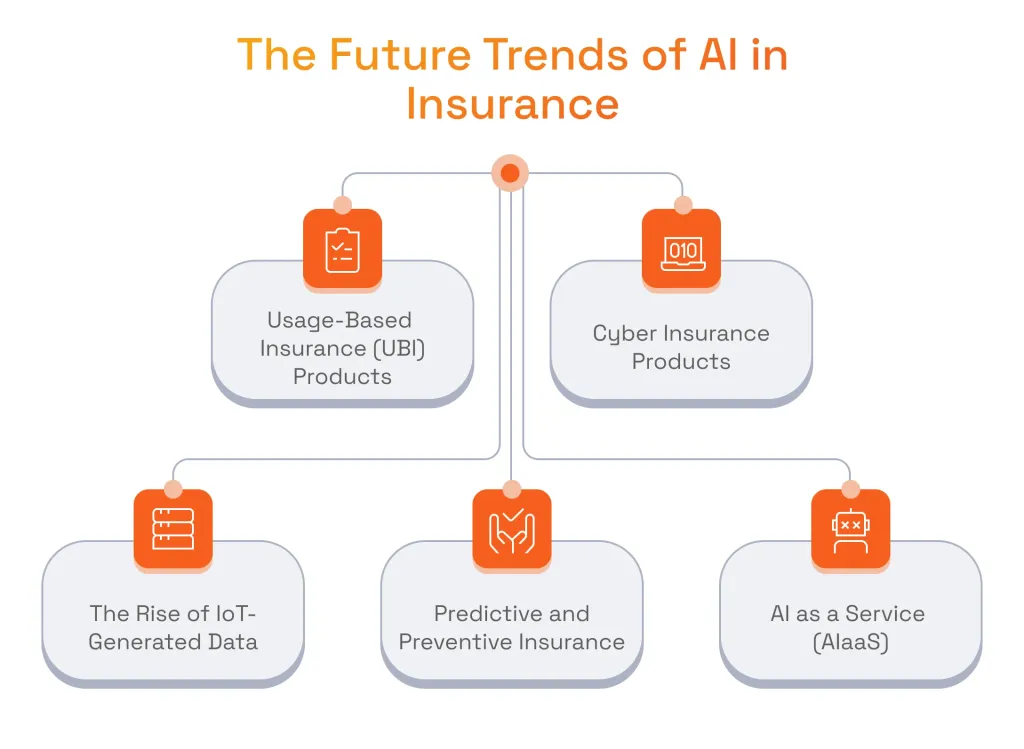How Life Insurance Companies: Imagine if your life insurance company could accurately predict the future — not with a crystal ball, but with data. In 2025, that’s exactly what’s happening. Life insurance companies are no longer just relying on lengthy application forms or outdated actuarial tables. Instead, they are leveraging Artificial Intelligence (AI) to assess individual risk in smarter, faster, and more precise ways. This means a better experience for customers and more accurate pricing for insurers.
AI allows machines to think and learn like humans. These intelligent systems digest vast amounts of data — from your lifestyle choices and wearable health device data to medical records and even social media activity. With AI-powered algorithms, insurers can identify patterns and make real-time predictions about a policyholder’s future health risks. This isn’t science fiction — it’s already happening, and it’s revolutionizing how insurance works.
For customers, this means faster approvals, fairer premiums, and more personalized policies. For companies, it’s about reducing fraud, cutting costs, and staying competitive in a digitally transforming world. AI helps eliminate bias by basing decisions on data rather than guesswork. The bottom line: AI in life insurance is not just a trend, it’s the new normal in 2025.
What Is Artificial Intelligence and Why Does It Matter?
Artificial Intelligence (AI) refers to the simulation of human intelligence by machines. It includes learning (acquiring information), reasoning (applying rules to reach conclusions), and self-correction. In life insurance, AI uses these capabilities to analyze individual health data, medical histories, behavioral patterns, and even genetics to assess the risk profile of customers.
Instead of waiting weeks for policy approval, AI algorithms can now process applications in minutes. They also flag inconsistencies, detect potential fraud, and provide customized policy recommendations. This not only speeds up the customer experience but also reduces human error and increases transparency.
Who Can Apply for AI-Driven Life Insurance in 2025?
Anyone between the ages of 18 and 65 years can apply for life insurance policies that are powered by AI systems. These platforms are especially beneficial for:
- Tech-savvy individuals who want a fast and transparent process
- People with wearable devices or digital health profiles
- Those who prefer digital-first solutions over paperwork
Whether you’re a salaried professional, freelancer, business owner, or homemaker, AI-based life insurance policies are accessible to all. Some providers also offer AI-powered pre-screening tools that help determine your eligibility before you even begin the formal application process.
Insurance Fees: How AI Affects Premium Costs
One of the biggest advantages of AI in life insurance is fair pricing. Traditionally, people were grouped into broad risk categories. But AI allows for micro-segmentation, meaning your premiums are tailored to your personal data — such as:
- Fitness tracker data (daily steps, heart rate, sleep)
- Electronic health records
- Driving behavior
- Lifestyle choices like smoking, alcohol consumption, etc.
This means that healthier individuals can enjoy lower premiums, while those with higher risk factors get personalized suggestions on improving their eligibility or modifying their policy terms.
| Factor | Traditional Pricing | AI-Driven Pricing |
|---|---|---|
| Age & Gender | Fixed bands | Dynamic adjustments |
| Medical History | Manual analysis | Deep learning pattern recognition |
| Lifestyle Habits | Self-declared | Verified via wearables, apps |
| Claim History | Paper-based | Real-time database comparison |
How to Use AI-Powered Life Insurance Platforms
Using these platforms is as simple as using any e-commerce app. Here’s how:
- Visit the insurer’s official website or mobile app.
- Choose the AI-enabled policy you want.
- Fill out basic information (name, age, gender, lifestyle habits).
- Allow the app access to health tracking devices or medical reports.
- Let the AI system process your data and provide a customized policy quote.
- Accept the offer and complete the payment.
Within minutes, you can be insured — no agent visits or paperwork delays.
Benefits of AI in Life Insurance
- Faster approvals – No more waiting for weeks.
- Personalized pricing – Fairer premiums based on real data.
- Fraud detection – Lower chances of false claims.
- Continuous risk monitoring – Policies that adapt to your lifestyle.
- Eco-friendly – Entirely paperless process.
How to Apply for AI-Based Life Insurance in 2025
Here’s a step-by-step guide:
Step 1: Choose an Insurance Provider
Pick a reputed life insurance company offering AI-driven policies. Look for ones that are IRDAI-approved and tech-forward.
Step 2: Complete Digital Onboarding
Register on the website or mobile app. Input basic personal information and answer health/lifestyle questions.
Step 3: Connect Your Data
Allow access to your wearable device, fitness app, or upload medical records. The AI will analyze this for accurate premium calculation.
Step 4: Review and Pay
The platform will generate a quote. If satisfied, pay online to activate your policy.

Important Dates (2025)
| Event | Date |
|---|---|
| AI Insurance Policy Launch | January 1, 2025 |
| Enrollment Open | Ongoing |
| Last Date to Apply (Some Providers) | December 31, 2025 |
| Free Premium Check Window | Till July 31, 2025 |
Disclaimer
This article is intended for informational purposes only and does not constitute legal, financial, or professional insurance advice. Policy terms and premium rates are subject to change based on individual insurers. Always read the fine print and consult a licensed agent before purchasing a life insurance policy. PolicyBazaar AI Life Insurance
How Life Insurance Companies Conclusion
The integration of Artificial Intelligence into the life insurance industry in 2025 has opened new doors for both companies and consumers. What was once a slow, manual, and sometimes biased process is now faster, more transparent, and incredibly accurate. With the ability to evaluate real-time data, insurers can now offer tailor-made policies that reflect the true health and habits of the individual.
For consumers, this transformation offers significant benefits — faster policy approvals, personalized premiums, and a simplified application experience. In fact, AI has made it possible for people in remote or rural areas to access sophisticated insurance products through nothing more than a smartphone and an internet connection.
Additionally, this digital evolution improves claim handling and fraud detection, benefiting the insurer and policyholder alike. As AI systems grow smarter, we can expect even more intuitive and predictive models that redefine risk and reward balance.
The future of life insurance is no longer in the distant future — it is here and now. Those who adapt to AI-driven models will not only benefit from better coverage but also contribute to a healthier and more financially secure society.
How Life Insurance Companies FAQs
1. How does AI help life insurance companies in 2025?
AI helps insurers analyze massive data sets to identify health patterns, predict risks, streamline policy approvals, detect fraud, and personalize premium pricing. This reduces the dependency on manual underwriting and improves decision accuracy.
2. Can AI decide whether I qualify for a life insurance policy?
Yes, in most AI-powered systems, qualification decisions are based on real-time analysis of data like health records, wearable tracker data, and medical history. However, final approval may still involve a human underwriter in some cases.
3. Is AI-based insurance more expensive than traditional policies?
Not necessarily. In fact, AI-based pricing is often more accurate and fair, potentially offering lower premiums for healthy individuals who maintain good habits. It eliminates “one-size-fits-all” pricing.
4. Is my personal data safe with AI insurance platforms?
Leading insurers use high-grade encryption and follow strict privacy laws to protect your data. Always choose policies from IRDAI-licensed providers to ensure your information is handled safely.
5. What if I don’t use wearable devices? Can I still apply?
Yes, you can still apply. While wearable data enhances your profile, it is not mandatory. You may be asked to upload recent health records or undergo a digital health assessment instead.











